-
Call Us Today
+91 868 649 1122
-
location
Telangana
Dental Crowns
Dental crowns are tooth-shaped cap for a harmed tooth. It may be produced using a variety of materials, including metal or porcelain. Crowns are made by taking an impression of the tooth or teeth they'll be covering. You may have a crown over a molar that rarely appears, aside from when you yawn generally, or you may have crowns on your front teeth that were specifically intended to match your other teeth.
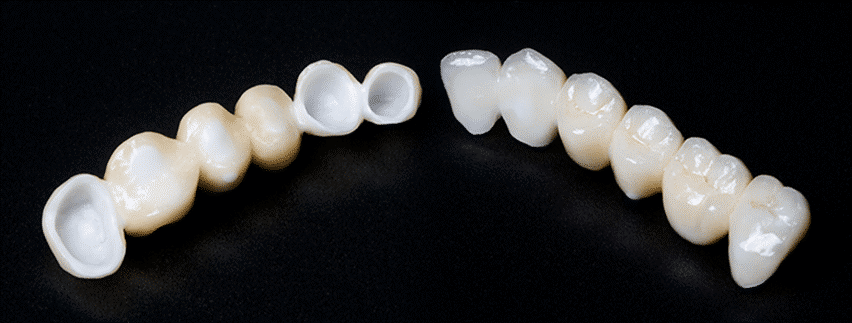
WHEN IS DENTAL CROWNS NEEDED?
Dental crowns are utilized as caps on missing or cracked teeth to ensure the life of your teeth. Dental Crowns are expected to:
Protect or re-establish a tooth from breaking because of mishap or injury
Replace a tooth which is excessively enormous for a filling
Get a top over implant placed
Restore the teeth on which RCT was performed
Cover the stained, distorted or gravely framed tooth
Require an extension all things considered crowns are an absolute necessity.
Moreover, Dental Crown gives your tooth the, shape, size, and helps to improve the presence of your tooth. If your dental specialist has prompted, you to get a crown and you are postponing the procedure then there are chances that you can harm your tooth to the degree that extraction is the final hotel.
Also, not getting a dental crown can wear out other adjoining teeth causing harm.
WHAT IS THE PROCEDURE FOR GETTING DENTAL CROWN?
The dental crown procedure initially includes numbing the tooth with local anaesthesia. If the tooth has been broken or had a root canal treatment, it will initially need to have a development - a filling that re-establishes enough of the tooth for the crown to the clutch. At that point, the tooth is shaved down to space for the crown, and an impression is made of the readied tooth with a clay-like substance or an advanced scanner. The dental specialist will at this point decide the shade of the patient's teeth utilizing a shade guide or take photos of the teeth to help the lab professional make crowns that will coordinate the remainder of the patient's teeth. A temporary crown is produced using a pitch or acrylic material utilizing a trim or stent of the first tooth. This brief crown is established with temporary concrete so it can fall off effectively once the permanent crown is prepared and placed subsequently with permanent luting cement.
TYPES OF DENTAL CROWNS:
Dental Crowns can be made in variety come in different materials, for example,
Metal Crowns
If somebody is searching for the long time and the durable solution, at that point metal crowns, are to the rescue to the tooth inside in long run. The gold crowns in these are the most utilized and bond well with the tooth. These can even withstand hard biting materials. Being more grounded they last more and don't wear out without any problem. The main downside is that they are obvious from a separation henceforth, appropriate only for molars.
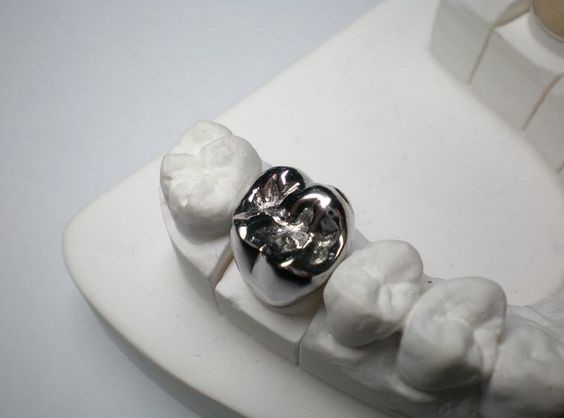
Ceramic or emax crowns
These are utilized for restoring front teeth, and are famous here for their capacity to mix with your common tooth colour.
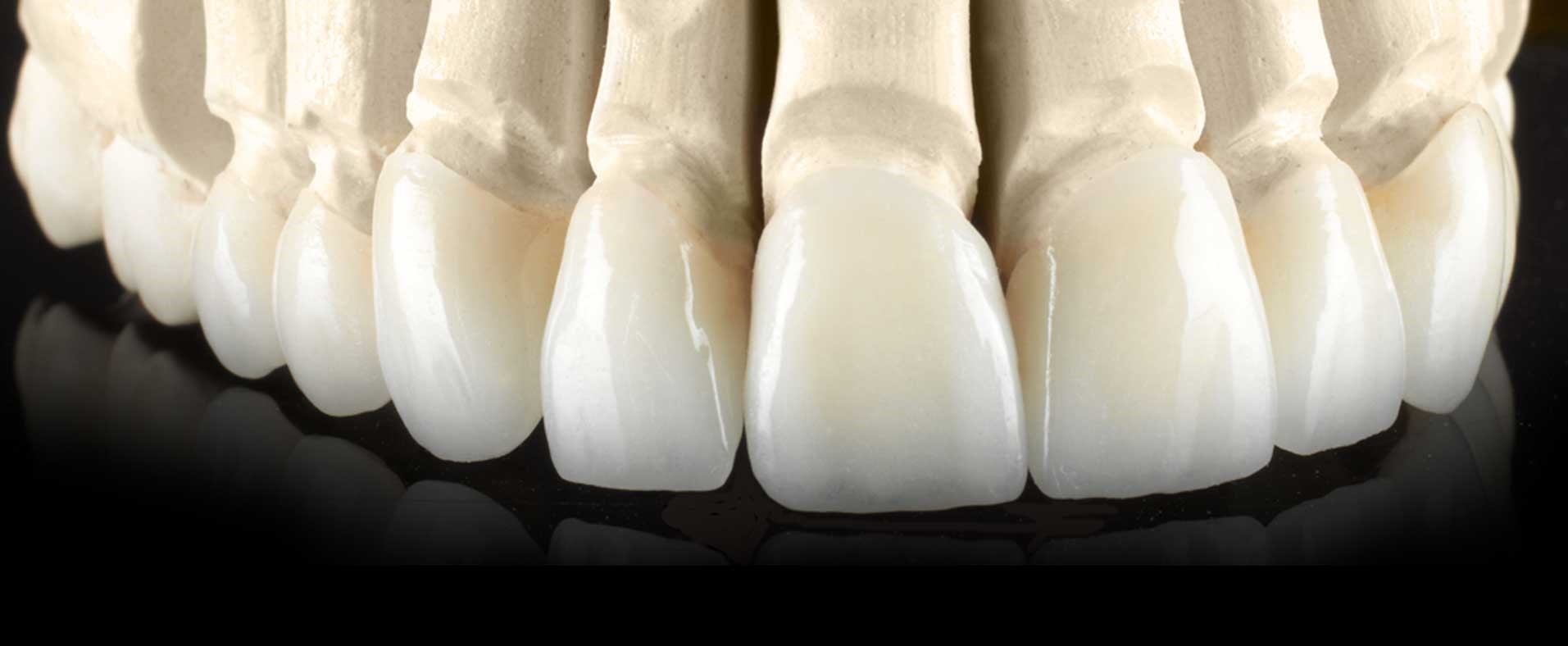
Zirconia Crowns:
Tooth decay: When tooth decay progresses to the point where there is very little tooth material left, a zirconia crown...
Broken or chipped teeth: Zirconia crowns can be used when a tooth is broken, cracked, or otherwise damaged.
Aesthetic considerations: Dental crowns help when a tooth is healthy but not as attractive as a patient would like
Monolithic zirconia crowns are also available.
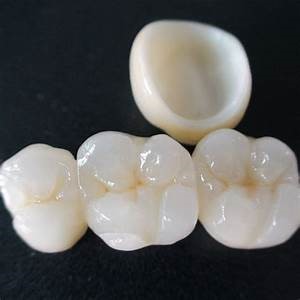
Porcelain-fused to metal
This crown gives a more grounded bond than standard porcelain since it is connected with a metal structure. It is also extremely durable.
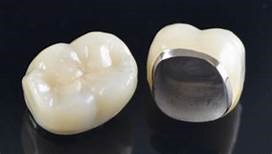
DO'S AND DON'TS WITH DENTAL CROWNS
DO'S
Since the natural teeth are still underneath the crown and are defenceless against decay, subsequently, it is essential to keep up great oral cleanliness in this way brushing, flushing and flossing ought to be followed consistently.
If you grip your teeth, at that point, it is encouraged to utilize mouth guard to secure your crown and this additionally doesn't permit your teeth to wear down.
Get crowns just by a dental expert who is prepared in putting dental implants. The helpless position of crowns can diminish the life span of crowns
Do visit your dental specialist at regular intervals to guarantee that your oral health is in the best consideration.
DON'TS
Do not utilize your teeth as instruments as this will put pressure and will harm the crown
Do not munch your nails and bite pencils
Do not bite ice or candy which is hard
Do not eat clingy food
Do not eat full excessively hot or too cool food as this would cause affectability
MYTHS ABOUT DENTAL CROWNS
Dental Crowns convey a lot of myths with them a couple of them are:
Dental Crowns Don't Look Natural
There is a misguided judgment that dental crowns don't coordinate with your teeth subsequently give the impression of a fake tooth. However, with changes in innovation crowns come in different material which looks precisely like your common teeth. What's more, even metal crowns are a decent and reasonable alternative since they are utilized as molars and are never observed.
Crowns Last Forever
Even though the crowns are currently more grounded and have a life span, yet they can't endure forever. It likewise depends as to how well they are dealt with. To guarantee they last longer visit your dental specialist after, at regular intervals, your dental specialist will screen your crown and will supplant it timely.
Food and Drinks Stains the Crown
The greatest fantasy that individuals convey is that they accept that food and refreshments can recolor their teeth with time however in actuality, the crowns are made of porcelain and clay which don't recolor without any problem.
FREQUENTLY ASKED QUESTIONS
Q.1. What Is the Cost of Dental Crowns?
Dental Crowns might be more costly than fillings, yet they have the upside of really enduring longer also. At Green Park Dental, we guarantee that our patients consistently get the best quality and incentive for their cash.
Q.2. To what extent does a Dental Crown Last?
Depending upon a few factors that incorporate the case points of interest, material, and consistence to oral cleanliness schedules, dental crowns may last anyplace between 5 to 15 years. We encourage our patients to keep up their oral cleanliness after implantation of a dental crown.
Q.3. Do Dental Crowns Hurt?
No, it will not hurt
Q.4. Do One Need A Dental Crown after RCT?
Tooth lost moderate to severe in such cases require crowns are typically necessary. Adding a crown to the tooth after RCT is an absolute necessity.
